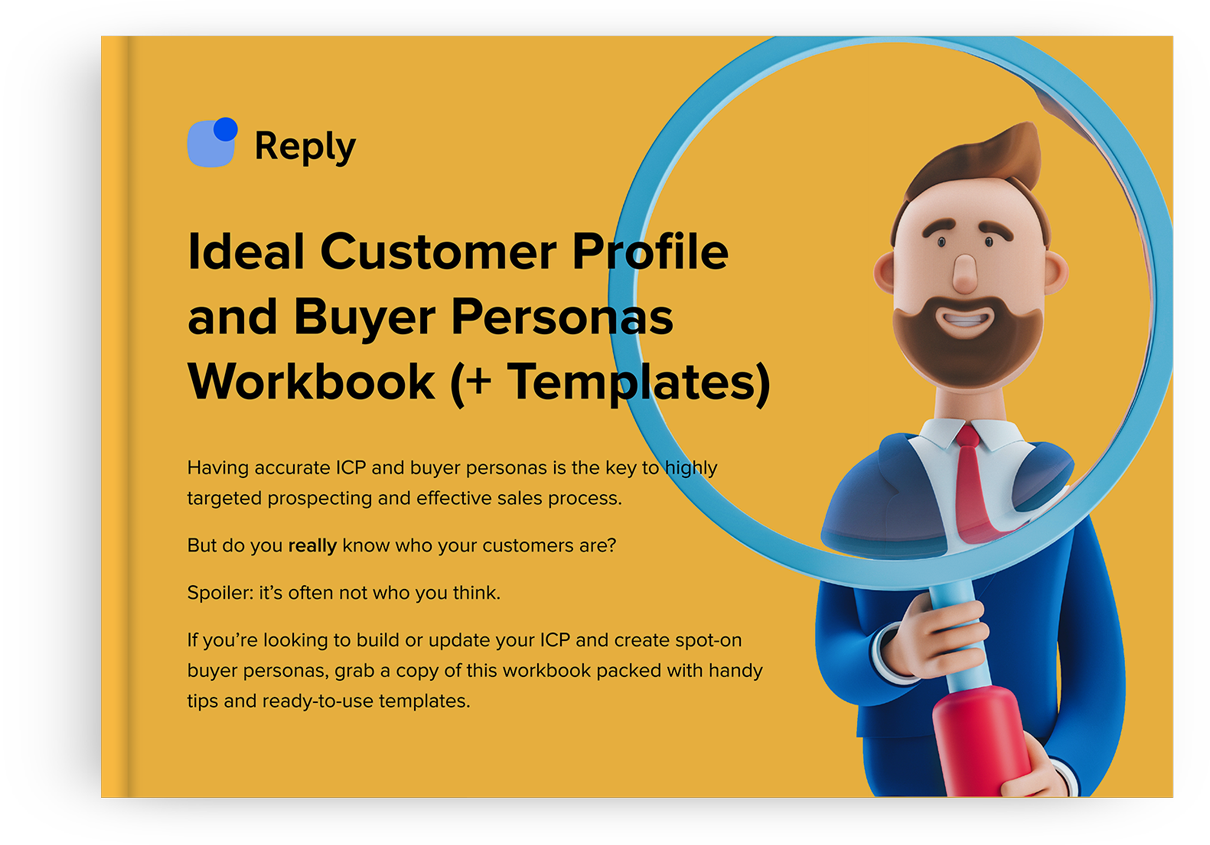You may have a top-notch business idea, but that doesn’t mean you’ll be a lead generation machine. In fact, not every lead you get will be right for your business, no matter how sure a salesperson is about it.
A potential buyer makes a purchase not because he or she needs something, has money to spare, or is in a time crunch. They’ll make a purchase when they’re facing a combination of the factors above.
Sales qualification is a crucial step in every sales process. Why? It saves you your most valuable asset: time. Evaluating whether a prospect is a good fit will save you a lot of time later. In fact, 67% of lost sales occur because sales reps do not properly qualify potential customers before taking them through the full sales process.
During the sales qualification process, efforts will go down the drain if a salesperson focuses all of his or her efforts on check-marking one of the criteria above; they need to ensure that every requirement is met.
In a case such as this, how does one determine whether a sales lead is qualified or not? How do you know whether you’re wasting your time or if you’ll get something out of it?
While the scenario is different for every product out there, a few factors will help you ease into identifying the most obvious red flags. So, here are the five best ways to qualify your leads:






![Upselling and Cross-selling: The Go-To Guide [+7-Step Framework Inside] Upselling and Cross-selling: The Go-To Guide [+7-Step Framework Inside]](https://reply.io/wp-content/uploads/upsale-1024x538.jpg)
